French Immersion Program – So you’ve attended your sessions with your French tutor in New York or virtually, you’ve done all your homework, and you’re ready to take your French language learning journey to the ultimate level – French immersion. It might seem intimidating to take a way that safety net of English, but there’s truly no better way to power up your language skills than using them in the real world with native speakers. Before you dive in and book a plane ticket, there are a few things you’ll need to decide when charting your course of French language immersion. How can I learn French through French Immersion Program?
Language School or Residential Experience?
Before you travel abroad for your big adventure, you’ll need to decide what kind of experience you want. Some people opt to take language classes in the area they’ve decided on, and then spend leisure time experiencing local life as well as traveling in the area. Others may opt to live with a family or individual who will become their French language guide during their time in a French-speaking locale.
Language schools will give you a more concentrated focus on the French language, and you will surely leave with more information on grammar, syntax, and vocabulary than you had before. French language courses abroad often don’t give students the option to revert to English, as students in your class will be from all over the world, and English will not be a common language among you.
Language schools also often include lots of great information on French history and culture, as well as insider info about the local area including its specific history, great dining spots, and more. The benefit of language schools abroad is that you can experience authentic life outside the classroom, and then bring your language questions with you, allowing you to not only experience but understand real-world French.
A residential experience, where you live with a French-speaking host family or teacher, will benefit you in different ways. Rather than a concentrated classroom experience on grammar and vocabulary, you’ll experience French in relaxed, casual conversation.
A residential experience is more like an apprenticeship than a classroom – you’ll observe your host(s) speaking to one another about everyday things such as what’s for dinner, or what did their nosy neighbor do now. You may even experience children arguing with their siblings – you’ll surely learn phrases you wouldn’t have otherwise!
Residential French language experiences may offer less in the way of exciting nightlife or city exploring but will take your French conversation skills through the roof.
City or Country?
Your motivations for your French immersion will shape your decision on whether to do your French language immersion experience in a large metropolitan area or in a more rural location. Larger cities afford lots of opportunities for social interaction with others as well as plenty of amenities and activities.
However, the downside of having your French immersion experience in a large city is that you will find many English speakers, which will always provide you with an “out” when you’re stuck. In fact, you’ll find that many native French speakers are eager for the opportunity to have an English speaker to practice their English on!
Smaller towns or rural areas may lack some of the opportunity for making lots of new friends, and there might not be loads of new restaurants or shopping centers where you can spend your leisure time. However, when you get outside the bustle of the city, you’ll find a more authentic immersion experience, as many outside the cities won’t speak English at all, and will be more likely to expect French out of you.
Keep in mind as well, France itself is not the only place to learn French! If you’re ready to expand your horizons, consider other French-speaking locales, like the Quebec area of Canada, or French-speaking areas Switzerland, Belgium, or Luxembourg.
You might also consider French-speaking places in Africa like Ivory Coast or Democratic Republic of Congo, the island of Vanuatu in Oceania, or French Guiana off the coast of Brazil.
Summer or Winter?
When you’re considering a French immersion program, you’ll want to make plans for what time of year you will make the leap. As we mentioned in our article about summer activities to improve your French, summer is a natural time to travel, and the inherent drive for adventure in the summer can put you in the right mindset to make some serious progress in your French language skills.
Summer will also give you the opportunity to meet other travelers and language learners, which, while great for your social skills, could mean your language practice takes a hit.
Consider other seasons that you might travel abroad as well. Flights and many attractions are cheaper in the off-peak travel season, generally from October to April. Traveling in less popular seasons might also mean that your social circle is comprised less of like-minded tourists and more of locals who can offer you a more authentic experience.
As you can tell from all of these options that must be decided, there’s not one right way to do French immersion! Everyone’s goals are different, and you have to decide what is right for you.
Be honest with yourself about your intentions – do you want to have a vacation in a French area, or do you want to work hard during your time there and become fluent in French?
There’s no wrong answer, and no matter what, you’re sure to have a great adventure when you choose to invest your time and money in an immersion experience.





